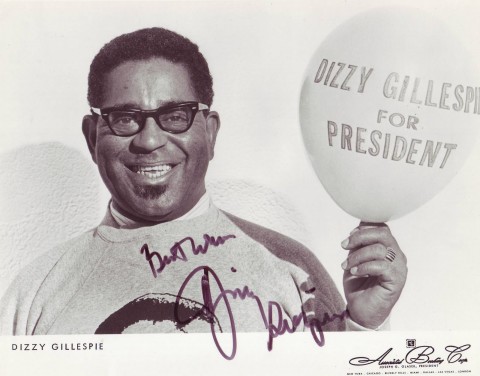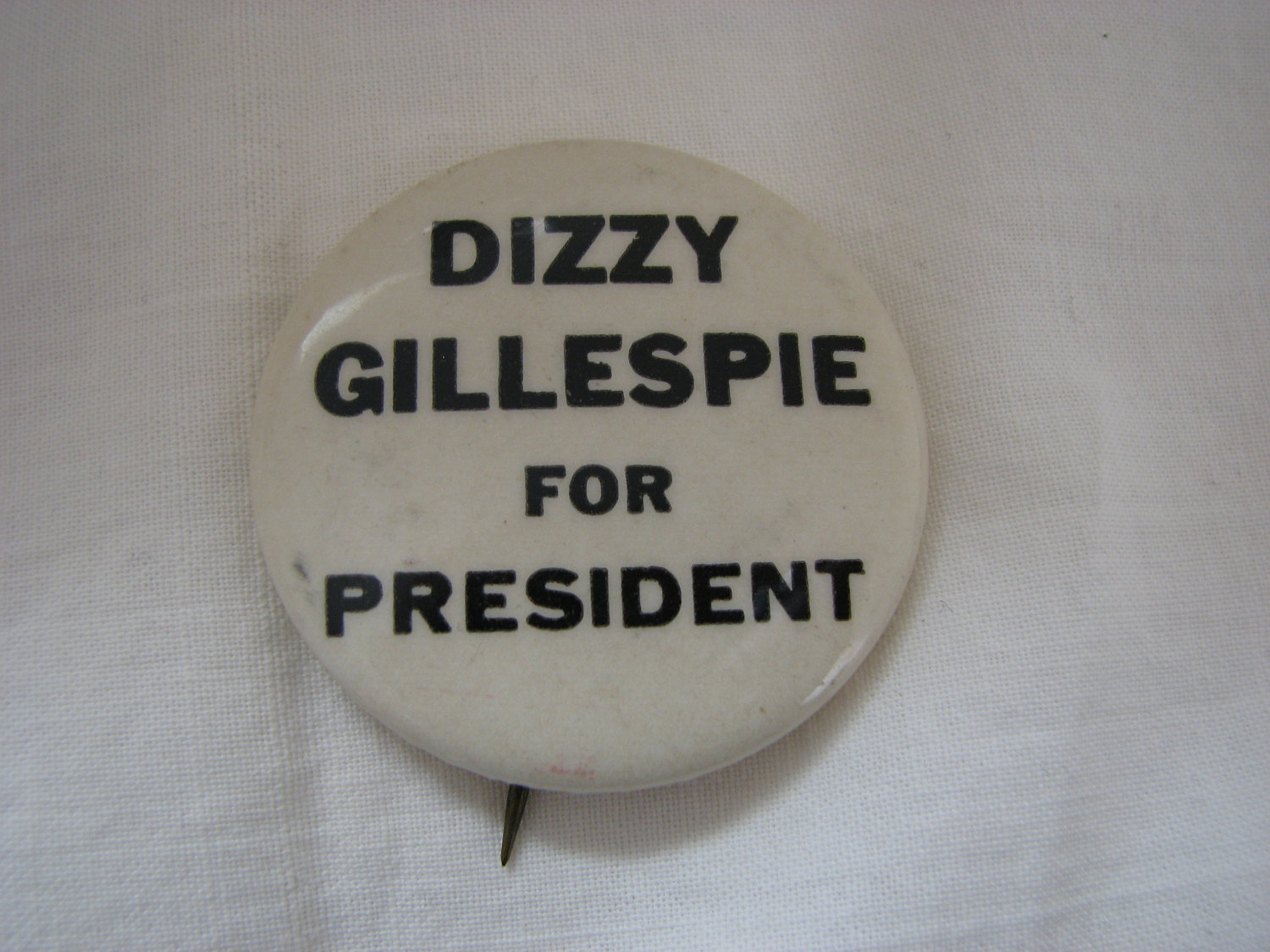All throughout this interminably long presidential election cycle, which has been going on since at least 2010, I’ve had a laser-like focus on political news. You might even call it a death grip. Because I’m a politics junkie. It’s a disease, I know, I recognize I need help, and I’ll get it—after November 6th. As a politics junkie, I am subject to a certain severe irritation: profound exasperation with those mythical beasts called “undecided voters,” who are even more galling than third party voters are to hyper-partisans. “What?” I shout at the radio, when one of these crypto-zoological creatures calls in. “You dreamers, you oblivious blockheaded dreamers!” I shout, and other things. Yes, in my mania, I’ve shouted these things at the radio, because how can people not have made up their minds months ago, been glued to internet news and opinion for hours, pored over miniscule policy details, destroyed their eyesight, collapsed their spine under the weight of civic duty? How, indeed. But perhaps (and every politics junkie fears this possibility), the undecided voters aren’t idiots—perhaps they’re thoughtful, kind, trusting, truly… dare I say it, independent….
Now with all of our weird vitriol directed at the “undecideds,” preternaturally myopic junkies lose sight of a bloc with the power to bend, break, or shatter the scales altogether—non-voters. In a nation that has expended trillions of dollars, thousands of lives, and quite a lot of international good will to give others the right to vote in Iraq, Libya, Afghanistan, we make a pretty poor showing at the polls every four years, with roughly half of us declining to exercise our fundamental right to vote for our leaders. Think about that: half. Fifty percent of Americans: when women only won the right in 1920 and after amending the Constitution. When African Americans fought for a hundred years and only fully won the right in 1965 with the Voting Rights Act. These are significant–if significantly belated—achievements, and, to be sure, they’re the reason so many people treasure their vote as a precious token of political autonomy. But non-voters are an invisible enigma: no one talks much about the appallingly low turnout in this country, except to mention it in passing. So documentary filmmaker Errol Morris (The Thin Blue Line, The Fog of War), provocateur and social critic, decided to discuss the issue with over 50 people under the age of 40. The result is the short film above, teasingly titled “11 Reasons Not to Vote?”
What Morris found confounds the faithful—the junkies scowling into their microfiche readers. Non-voters, and the undecided, can take a larger view; as Morris points out in his accompanying New York Times essay, non-voters not only comment on the fact that no major party candidate has discussed issues so many people care about—poverty, climate change, the drug war, the dysfunctional prison system—but non-voters realize that if no one’s talking, nothing will be done. Some of them may be cynical, but many more may justly say they’re realists. Perhaps it’s us, the voters, who are dreamers.
The 11 reasons Morris gives, with tongue lodged in cheek, are as follows (with my explanatory glosses in parentheses):
- You can’t depend on demigods (Hint: politicians aren’t demigods, even when they seem so)
- Like jazz, apathy is an American art form (slack, an appropriate response to political fundamentalism?)
- Florida (debacle, year 2000)
- The Electoral College (does anyone understand this thing?)
- Missed entrepreneurial opportunities (one vote, one price)
- Potential extradition (absentee ballot if under rendition?)
- Awkward family dinners (voting out of spite for family members)
- Traffic (accidents on the way to polls canceled out by dating opportunities at the polls)
- Forced analogies (warning: involves football)
- Overzealous advocates (carrots and sticks)
- Masculinity is underappreciated (The Man: stick it to him)
I come away from Morris’s exercise subdued, not cured, but perhaps ready to wean myself away enough to look at why we make elections matter so much, when they seem to do so little for so many. That said, however, I’m still going to vote. The comment that struck me more than any other was this: “If you don’t vote, you cancel your own vote.” Morris replies, “that’d be stupid.” And it would be, I think, damn it all.
Josh Jones is a doctoral candidate in English at Fordham University and a co-founder and former managing editor of Guernica / A Magazine of Arts and Politics.



